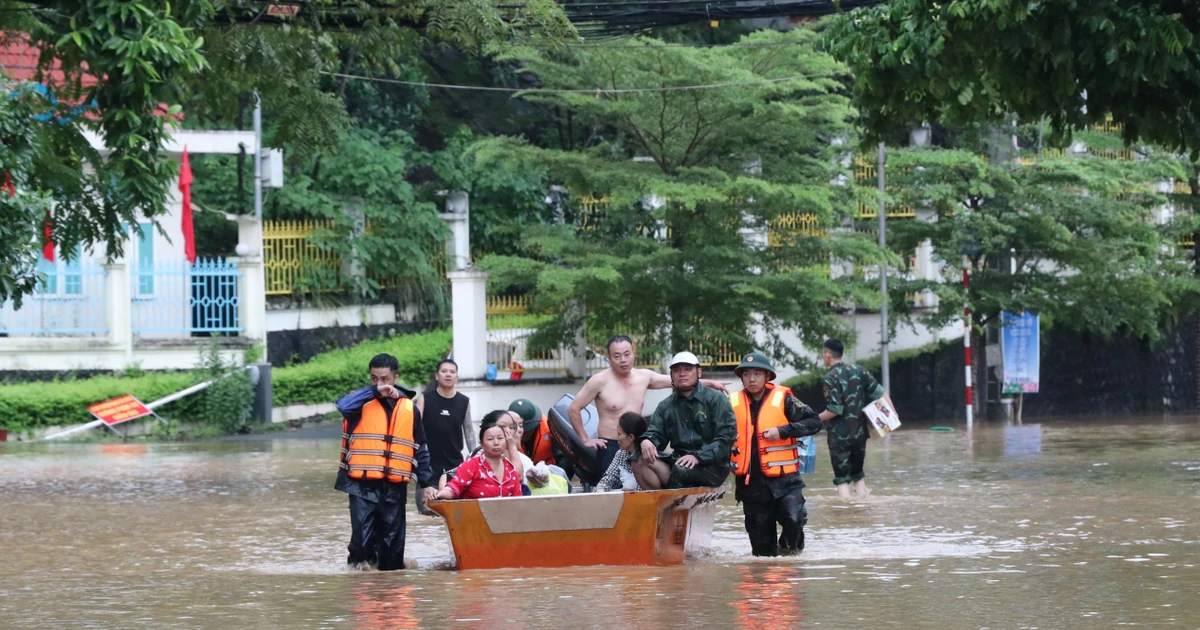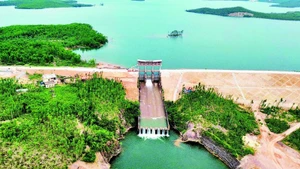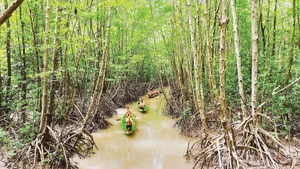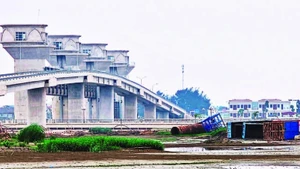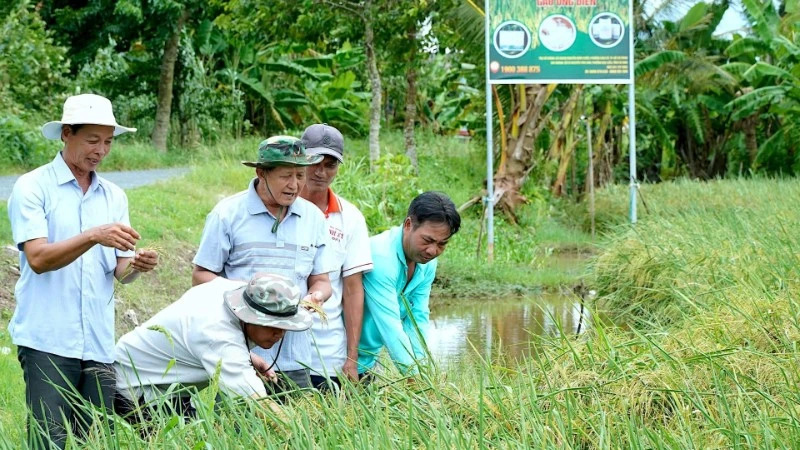The directive was sent to the chairpersons of the People’s Committees of 14 northern provinces and cities, namely Cao Bang, Lao Cai, Lang Son, Bac Ninh, Thai Nguyen, Tuyen Quang, Phu Tho, Son La, Dien Bien, Lai Chau, Hanoi, Hai Phong, Hung Yen, Ninh Binh, and the north central province of Thanh Hoa. It also reached the ministers of National Defence, Public Security, Agriculture and Environment, Industry and Trade, Education and Training, and Science and Technology, along with the Office of the National Steering Committee for Civil Defence.
According to the National Centre for Hydro-Meteorological Forecasting, on the morning of October 6, the storm made landfall in Guangxi, China, near the Viet Nam–China border, before weakening into a tropical depression. However, its circulation is forecast to bring heavy rainfall and thunderstorms on October 6 and 7. Rainfall of 100 – 200mm, with localised downpours exceeding 300mm, is expected in northern mountainous and midland areas. The Red River Delta and Thanh Hoa are forecast to see 50 – 150mm of rain, with some areas recording over 200mm.
The downpour follows several days of heavy rain linked to Typhoon Bualoi, which have left many areas waterlogged, reservoirs full and rivers swollen, creating a very high risk of flash floods, landslides, and severe flooding in northern mountainous, midland and north-central regions, as well as urban inundation in low-lying areas.
To safeguard lives and minimise property losses, the PM instructed provincial and city leaders, particularly in mountainous and midland areas, to mobilise resources and enforce robust measures. Local authorities should consider online learning in place of in-person schooling where conditions warrant.
Communities at risk must be closely monitored, with households in vulnerable areas relocated ahead of time. Authorities are required to provide timely warnings, restrict movement on dangerous routes, and station forces to manage traffic through inundated or landslide-prone areas.
Essential supplies, equipment and food must be pre-positioned in locations likely to face isolation. Ministries and agencies involved are to coordinate the military, police and local forces in disaster prevention, search and rescue, and post-disaster recovery, while ensuring the regular, timely and accurate dissemination of forecasts and warnings.
